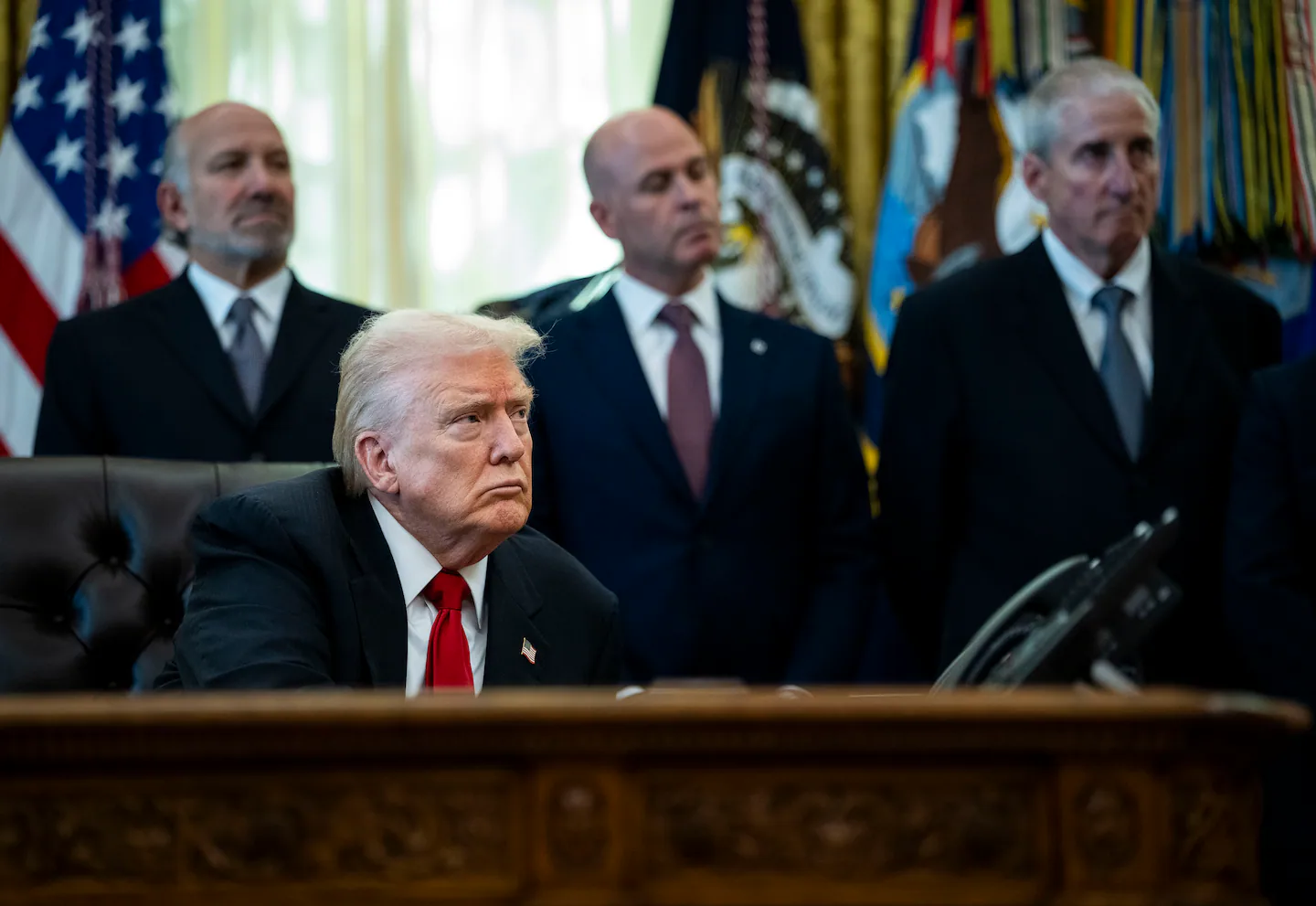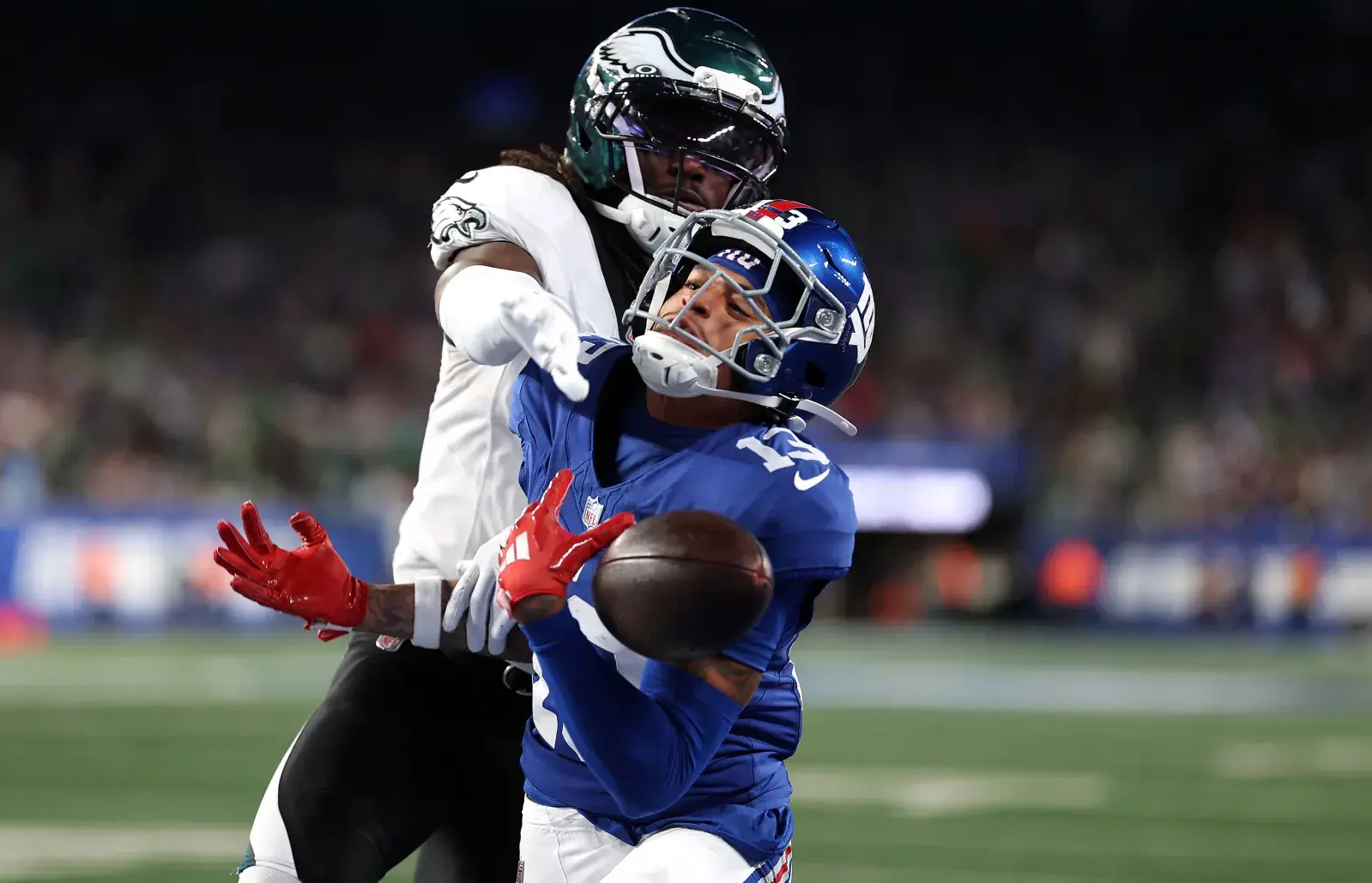Copyright The Boston Globe

The Senate took the first step toward ending the government shutdown after eight senators who caucus with Democrats agreed to proceed without a guaranteed extension of health care subsidies. How Yale escaped Trump’s crackdown on higher education. Holtec suffered a major legal setback in its efforts to dump wastewater into Cape Cod Bay from the former nuclear power plant that the company is decommissioning in Plymouth. It’s always hard to separate hype from substance when President Trump cuts a business deal. Last week’s agreement with two pharma giants to reduce the cost of their blockbuster weight-loss drugs is no exception. There’s plenty to like about the lower direct-to-consumer prices the White House negotiated with Eli Lilly and Novo Nordisk, especially when coupled with the administration’s promise to expand Medicare and Medicaid coverage for the companies’ GLP-1 obesity treatments. In a deft financial maneuver, Trump aims to fund Medicare and Medicaid weight-loss medications with savings from simultaneous cuts to the price the government currently pays for the companies’ GLP-1 diabetes drugs. By making the diet drugs less expensive, he hopes to reduce overall health care costs in a country where more than 40 percent of adults are obese. But there are caveats consumers should know about, and plenty of unanswered questions. That makes it hard to gauge how many people will benefit and by how much. Medicare, the government-run health insurance for seniors, doesn’t cover GLP-1s for weight loss, with an exception for people who also have conditions like heart problems or sleep apnea. Under a new pilot starting next year, Lilly’s Zepbound and Novo’s Wegovy will be available to Medicare enrollees for a co-pay of $50 for a month’s supply of the injections. The government will pay $245 a month for the drugs — far less than commercial insurers, which can spend $650 or more. The program will cover seniors only if they meet specific body mass index and health criteria: A BMI over 35. A BMI over 30 with uncontrolled hypertension, advanced kidney disease, or heart failure. A BMI over 27 with prediabetes, established cardiovascular disease, or a history of stroke. The administration estimates that about 10 percent of the Medicare population will be eligible. It’s unclear whether seniors who’ve already paid for GLP-1s and lost enough weight to no longer qualify as obese will remain eligible. Lilly and Novo recommend remaining on a “maintenance” dose indefinitely. If existing maintenance users aren’t eligible, they’d have to pay out of their own pocket. Also unresolved is whether the private insurers that administer Medicare’s drug benefits will cover the obesity treatments. While the government will fund the co-pays, obese people often take other costly medications, making these patients less attractive to private insurers. Insurer participation in the pilot will be voluntary in 2026 but is supposed to be mandatory the following year. Medicaid — the joint federal-state program for low-income children, adults, and people with disabilities — is a different story. The impact on participants will depend heavily on where they live, because states set their own eligibility and coverage rules. States will have access to the lower GLP-1 prices, but they won’t be obligated to provide Medicaid coverage. Massachusetts, where the Medicaid program is known as MassHealth, is one of 13 states that cover GLP-1s to treat obesity. At the start of the year, MassHealth made Zepbound its sole GLP-1 weight-loss option for adults, requiring users of other drugs to switch. It remains to be seen whether more states will offer either Zepbound or Wegovy. The long-term fiscal impact on Medicaid and Medicare budgets is unknown. Even at the lower price of $245 a month, the costs of widespread coverage could exceed savings on diabetes drugs. The White House highlighted current direct-to-consumer list prices of $1,086 a month for Zepbound and $1,350 for Wegovy. But both companies already charge much less, $499, on their websites. Lilly said the price of Zepbound will drop 11 percent to $449 for its stronger doses, a total annual bill of nearly $5,400. While Novo didn’t break out new prices by individual doses, the White House said Wegovy’s monthly bill will fall to $350, or $4,200 a year. For comparison, my co-pay for Wegovy (and later Zepbound after a switch) was $50 a month, or just $600 a year. That will change next year, when the Globe ends GLP-1 coverage for weight loss. I’ll have to pay out of pocket if I want to stay on the medication. The big question: Will cheaper GLP-1s make America healthier? Success isn’t assured. Real-world access will hinge on insurers, Medicare and Medicaid budgets, and whether seniors already on maintenance doses qualify for the low co-pay. Also up in the air is how many people will choose to pay $4,200 to $5,400 a year for the treatments. I’ve criticized many of Trump’s policies, from tariffs to his assault on higher education, and I’m leery of one-off deals that don’t fix systemic problems. Drug prices are still too high. But Trump deserves credit for forcing the GLP-1 cost issue. It’s an unconventional bid to make an important class of medicines available to millions more Americans. It might just work. “The White House’s assault on the rule of law is so deeply disturbing to me that I feel compelled to speak out.” — Former US District Judge Mark L. Wolf, a Reagan appointee in Boston, explaining his decision last week to step down to speak out against President Trump. Raising suspicion: How a Harvard media lab allegedly serves as a side door into the US for well-heeled Chinese students. Far above Cayuga’s waters: Cornell University agreed to pay $60 million and accept the Trump administration’s interpretation of civil rights laws in order to restore federal funding and end investigations into the Ivy League school. Emergency response: Prospect Medical Holdings and the Rhode Island Attorney General’s office struck a deal to keep the bankrupt company’s two Rhode Island hospitals operating while a longer-term solution is worked out in court. Chasing Chase: She was charged $1,780 for Doobie Brothers tickets she didn’t order. Her credit card refused a refund. Switching teams: Walt Disney signed a multiyear deal to make Boston-based DraftKings the official betting site and odds provider for its ESPN sports networks, replacing a venture it had with casino operator Penn Entertainment. Own goal: As the World Cup nears, Boston organizers are still passing the hat to foot the $100 million bill. 43 percent — The increase in the price of veterinary care since September 2020. Pet owners are not happy. [Readers: Insert your own dog poop joke here.] Since opening in 1991, the meticulously maintained park in Post Office Square largely rebuffed dogs. The folks who run the small urban oasis have finally seen the error of their ways, the Globe’s Jon Chesto reports: The nonprofit Friends of Post Office Square has . . . carved out a small section on Pearl Street near the park’s underground garage entrance for pooches to do their business — more “pet relief area” than actual dog park. “People bringing their dogs to work, that’s a phenomenon that never existed [before],” Friends president Pam Messenger told Jon. “People commute into our garage with their dogs.” File under: Fido goes to Fidelity. 📆 On this date in 1975, the Great Lakes freighter SS Edmund Fitzgerald sank in a severe storm on Lake Superior, claiming the lives of all 29 crew members. 👋 Thanks for reading. Trendlines will be back on Thursday. ✍🏼 If someone sent you this newsletter, you can sign up for your own copy.



